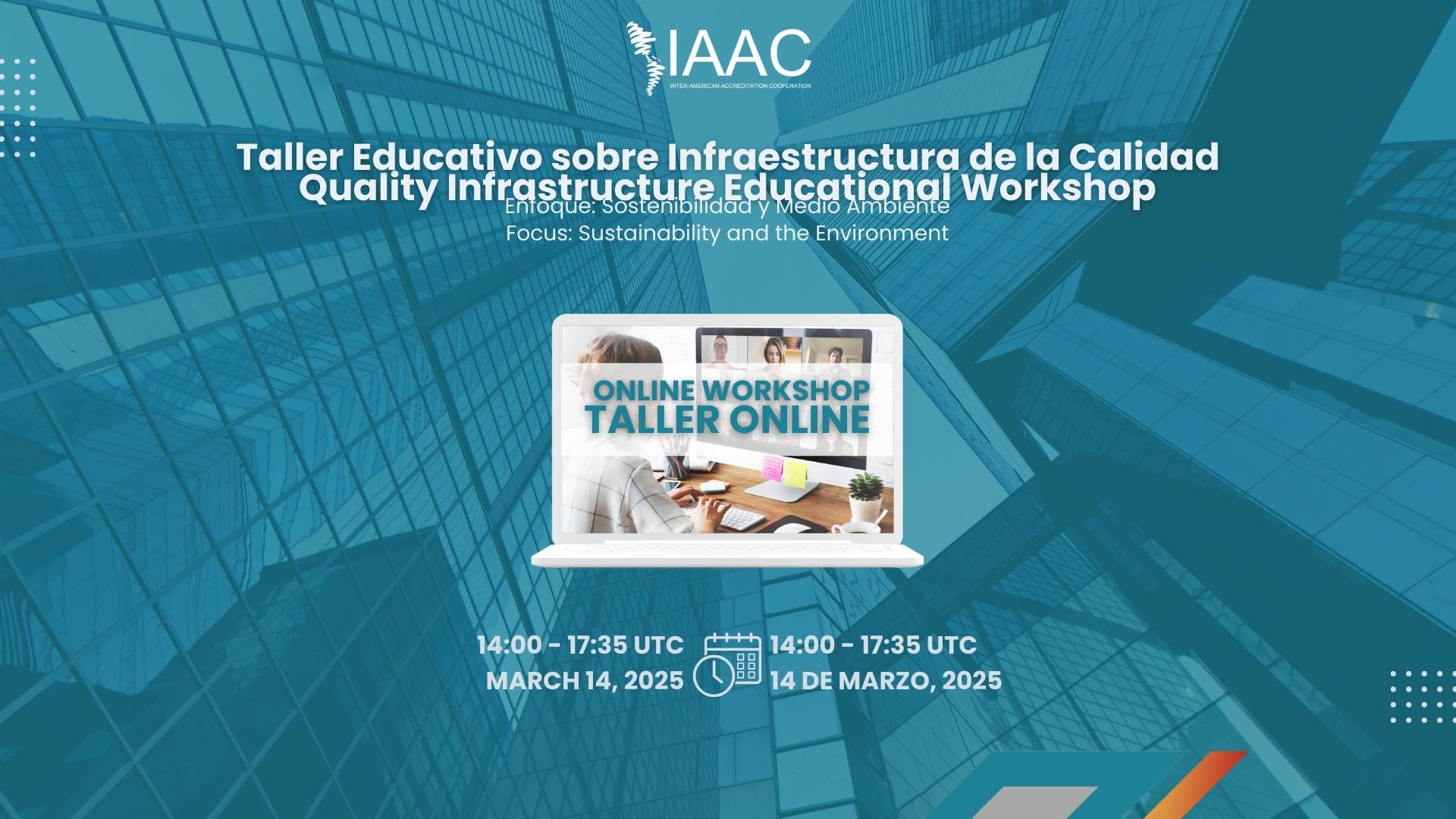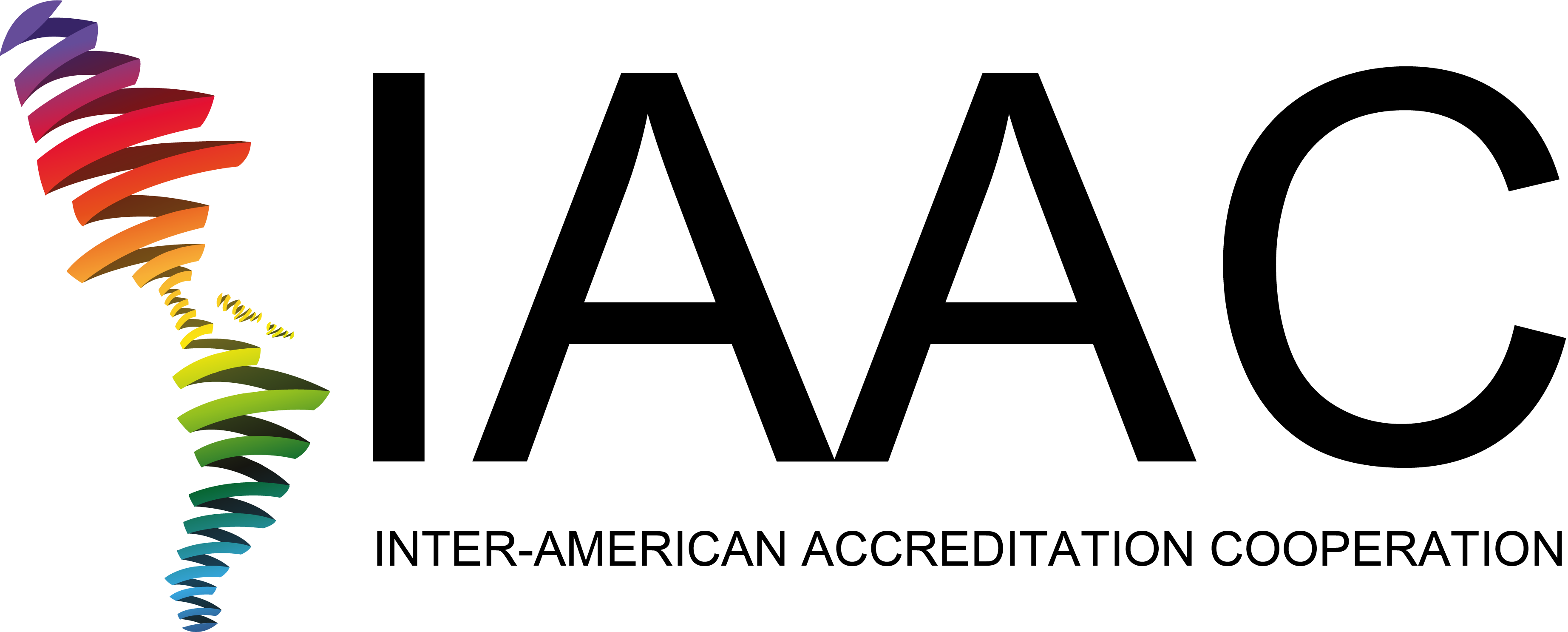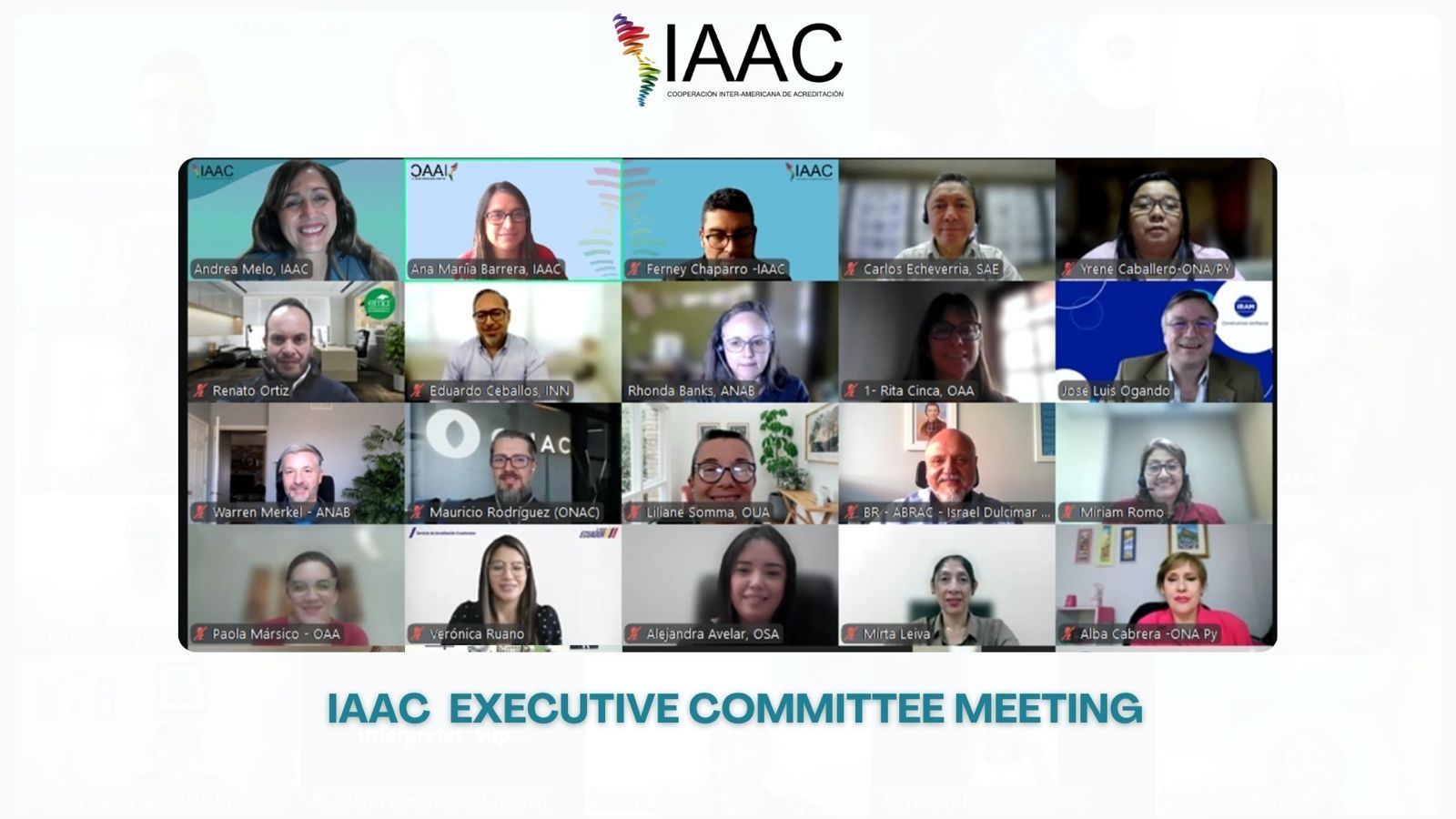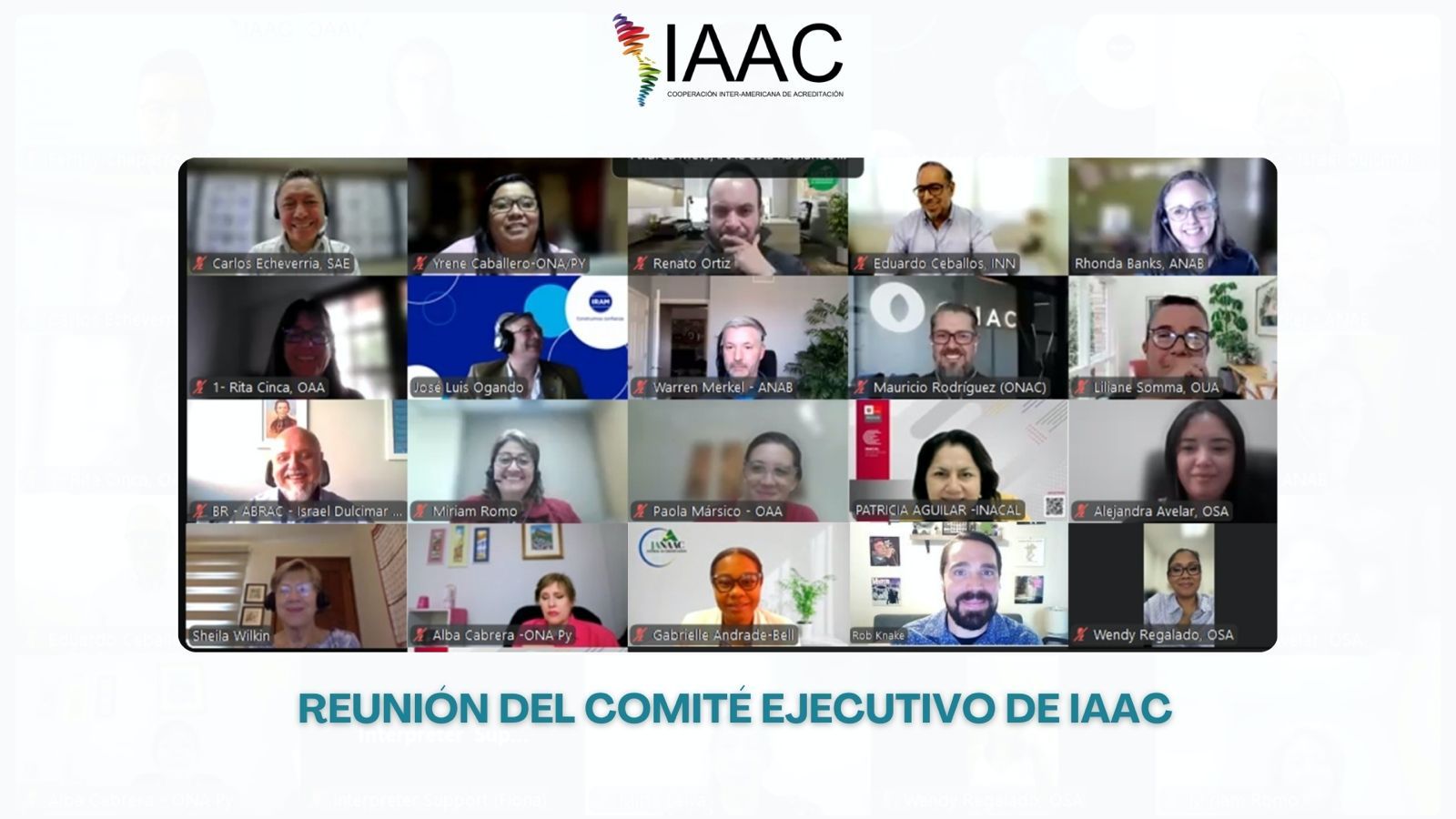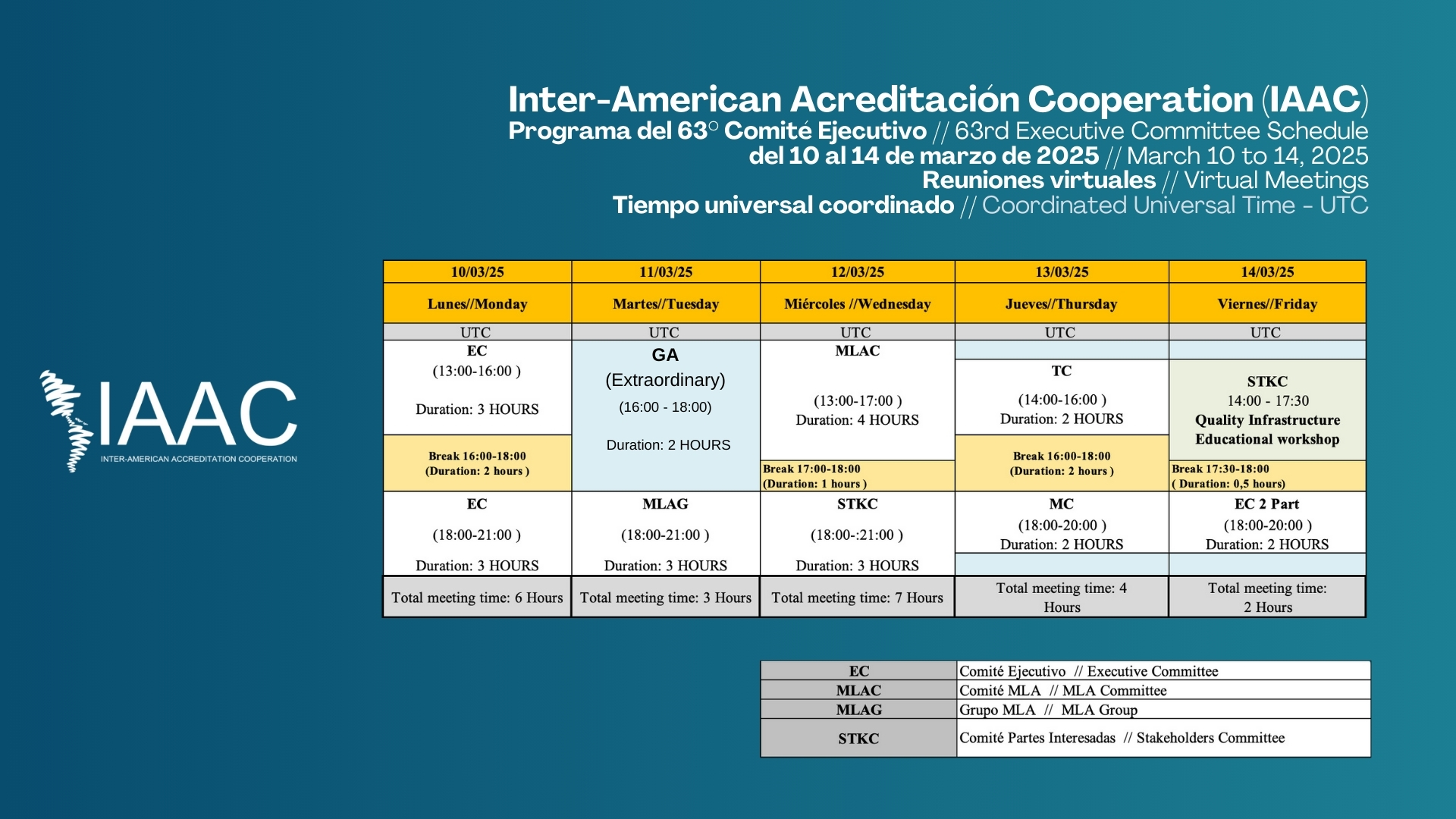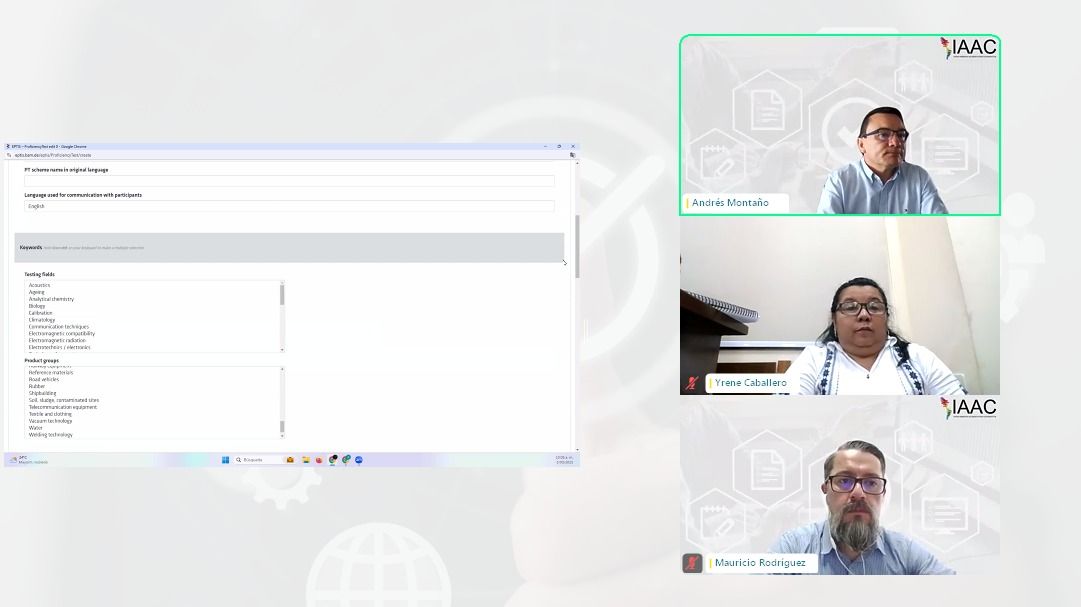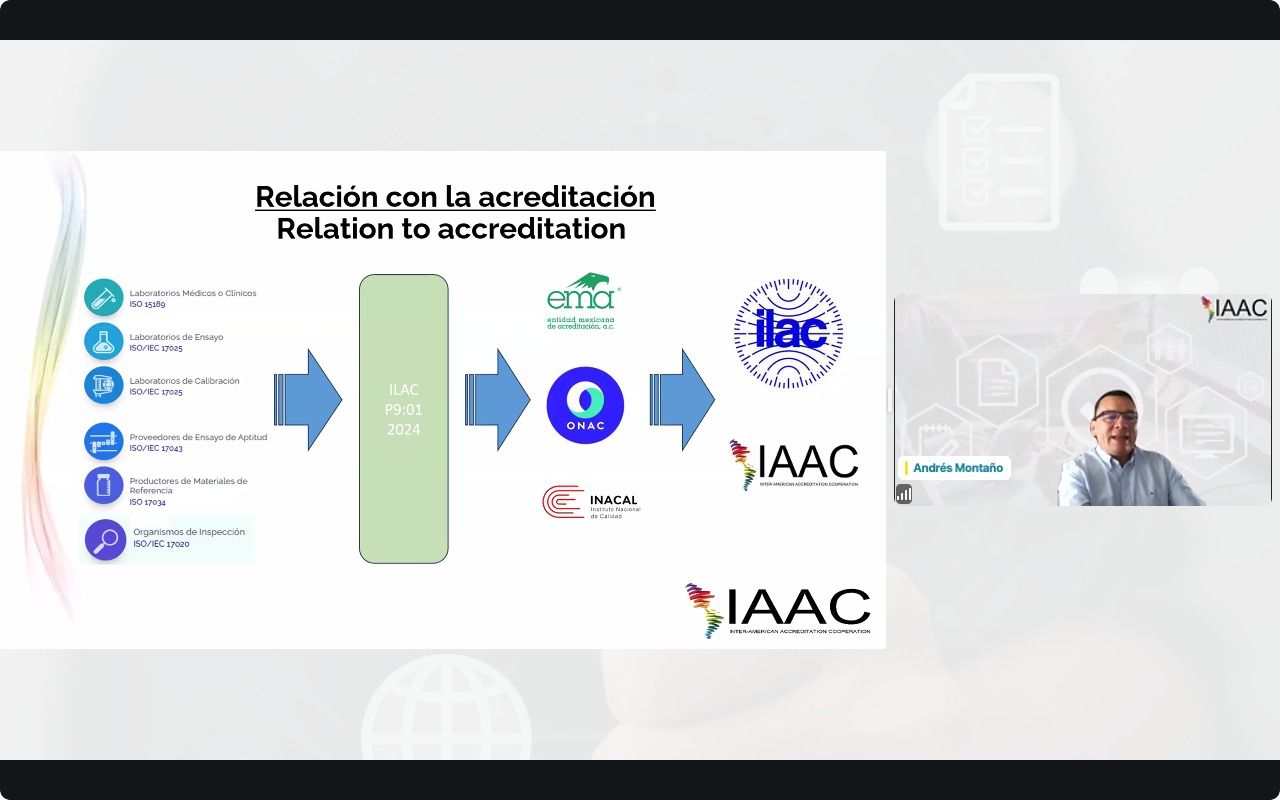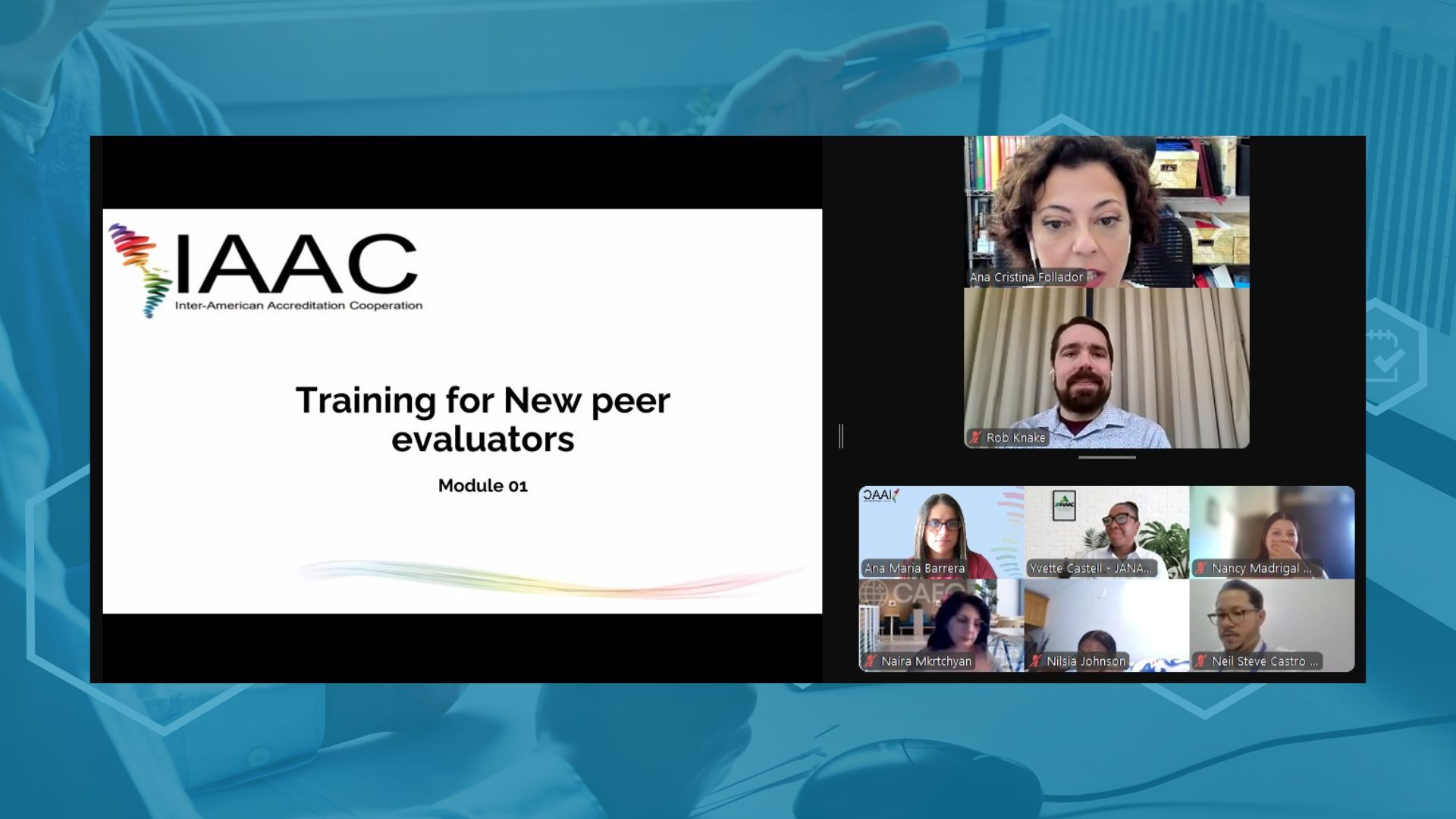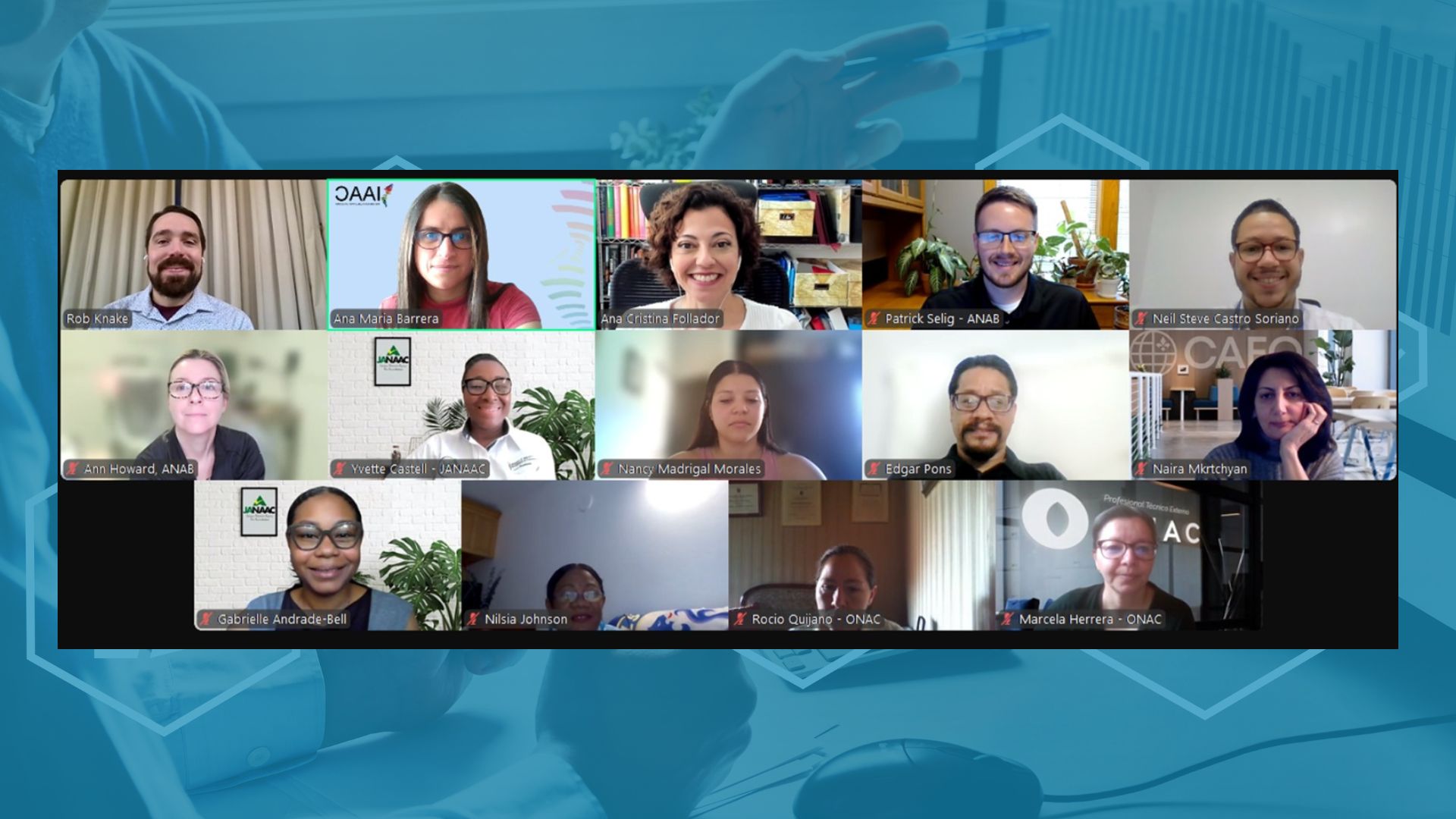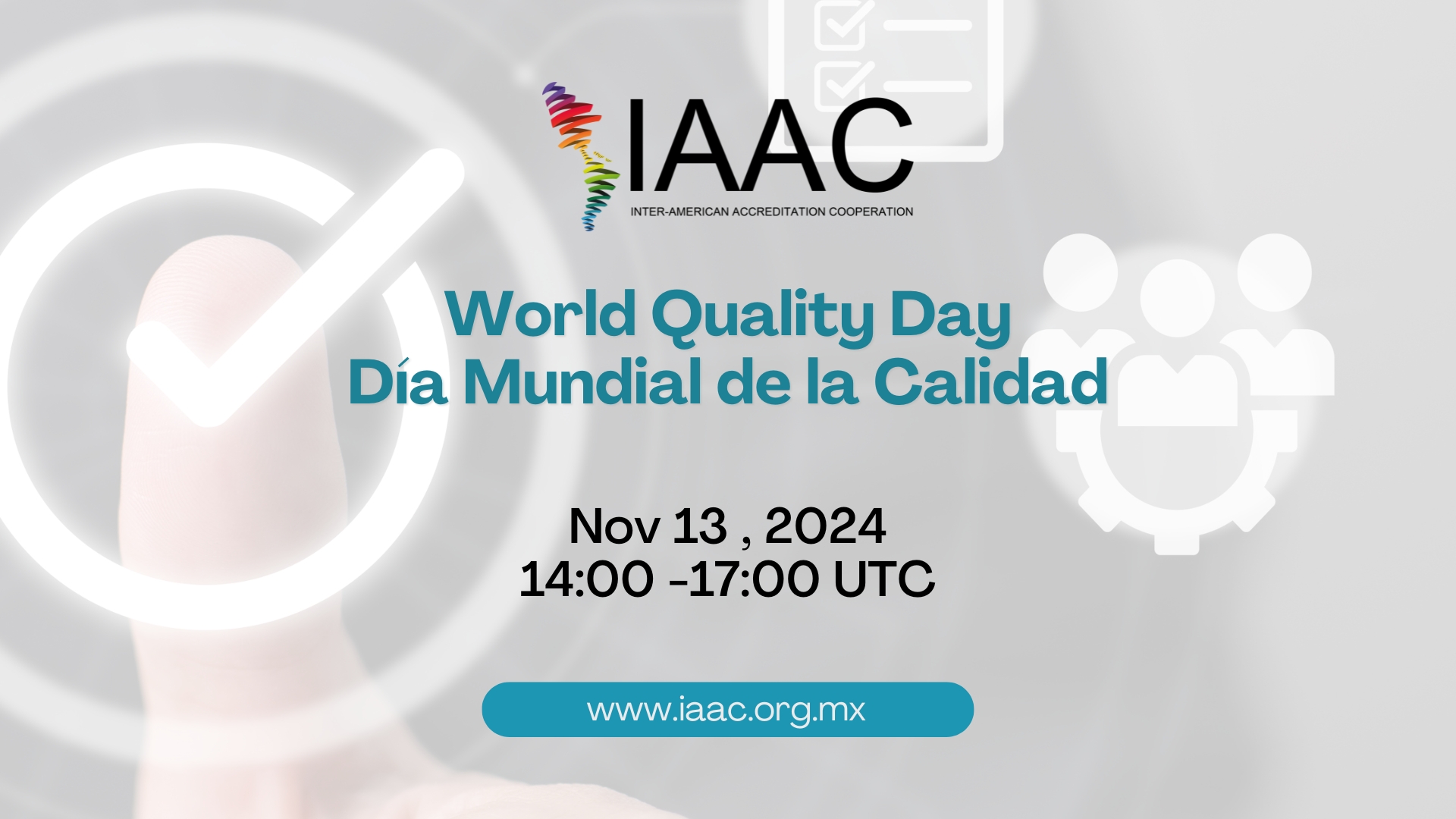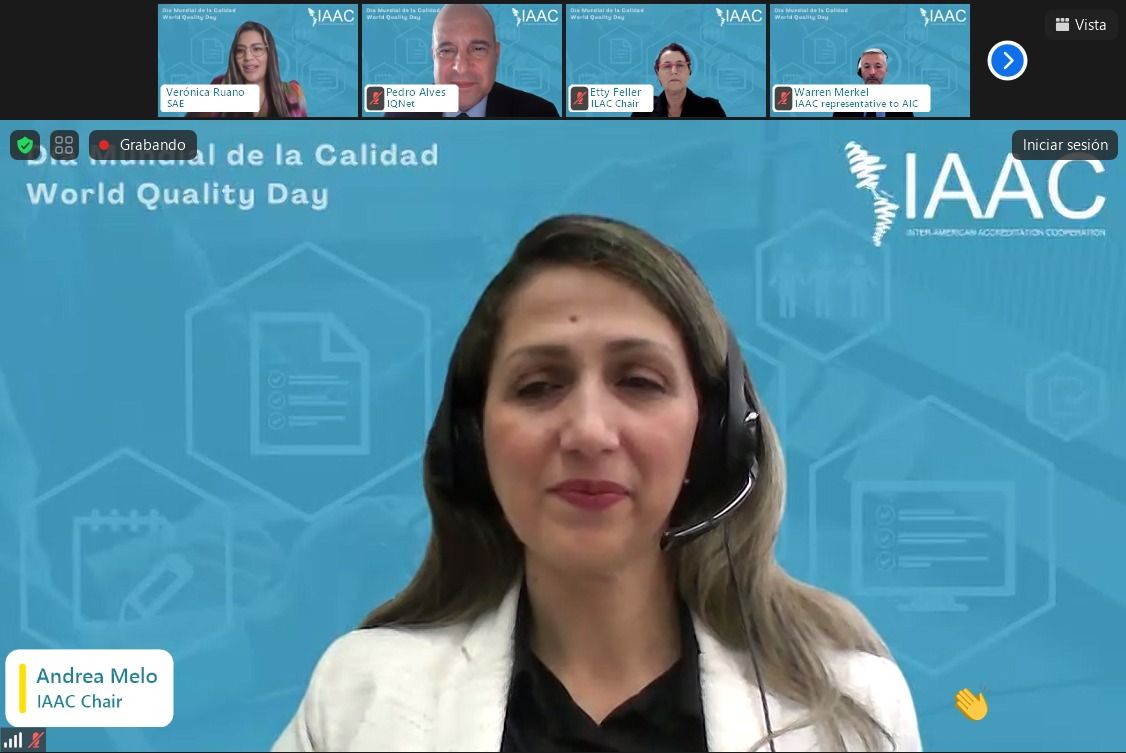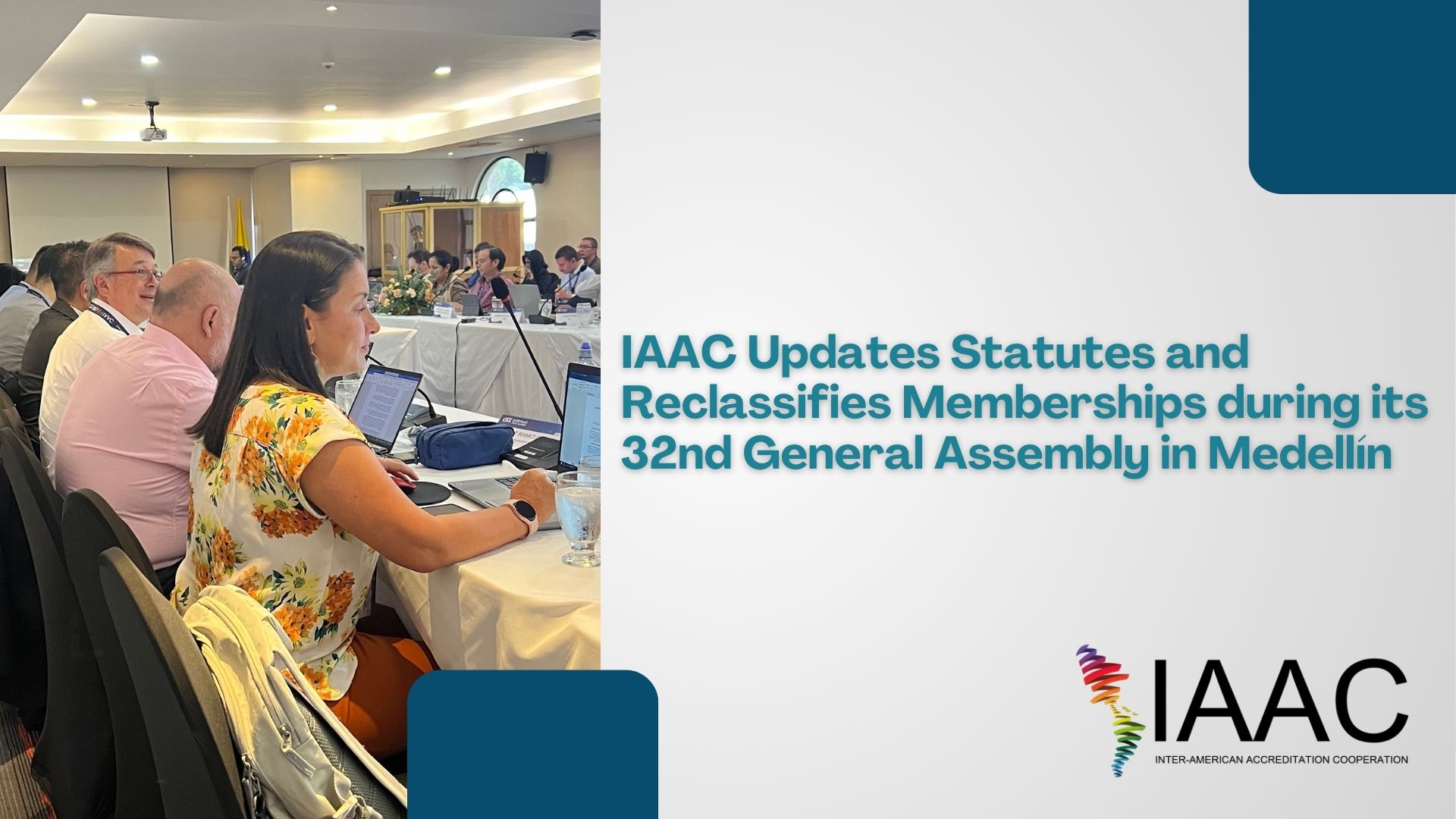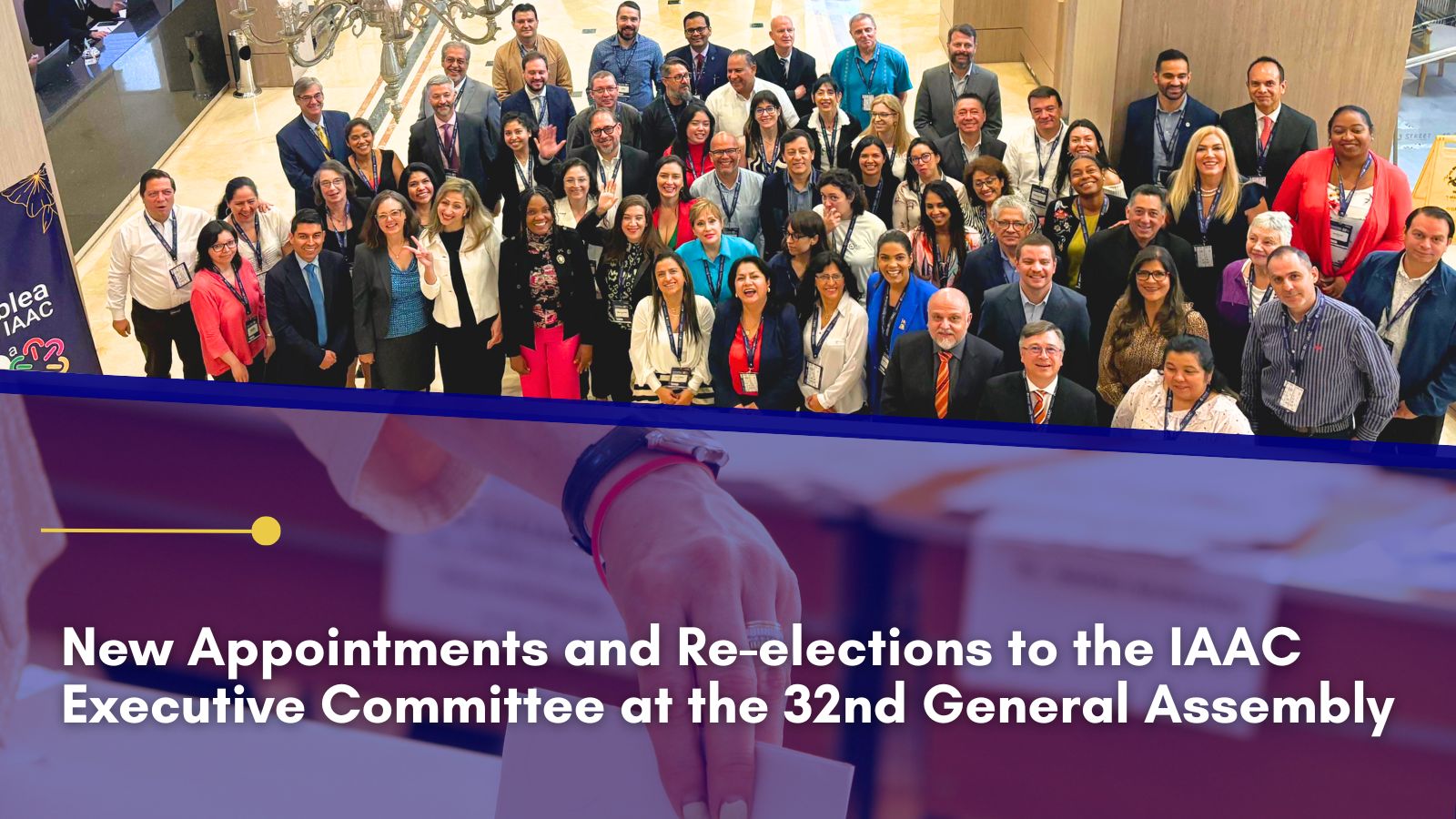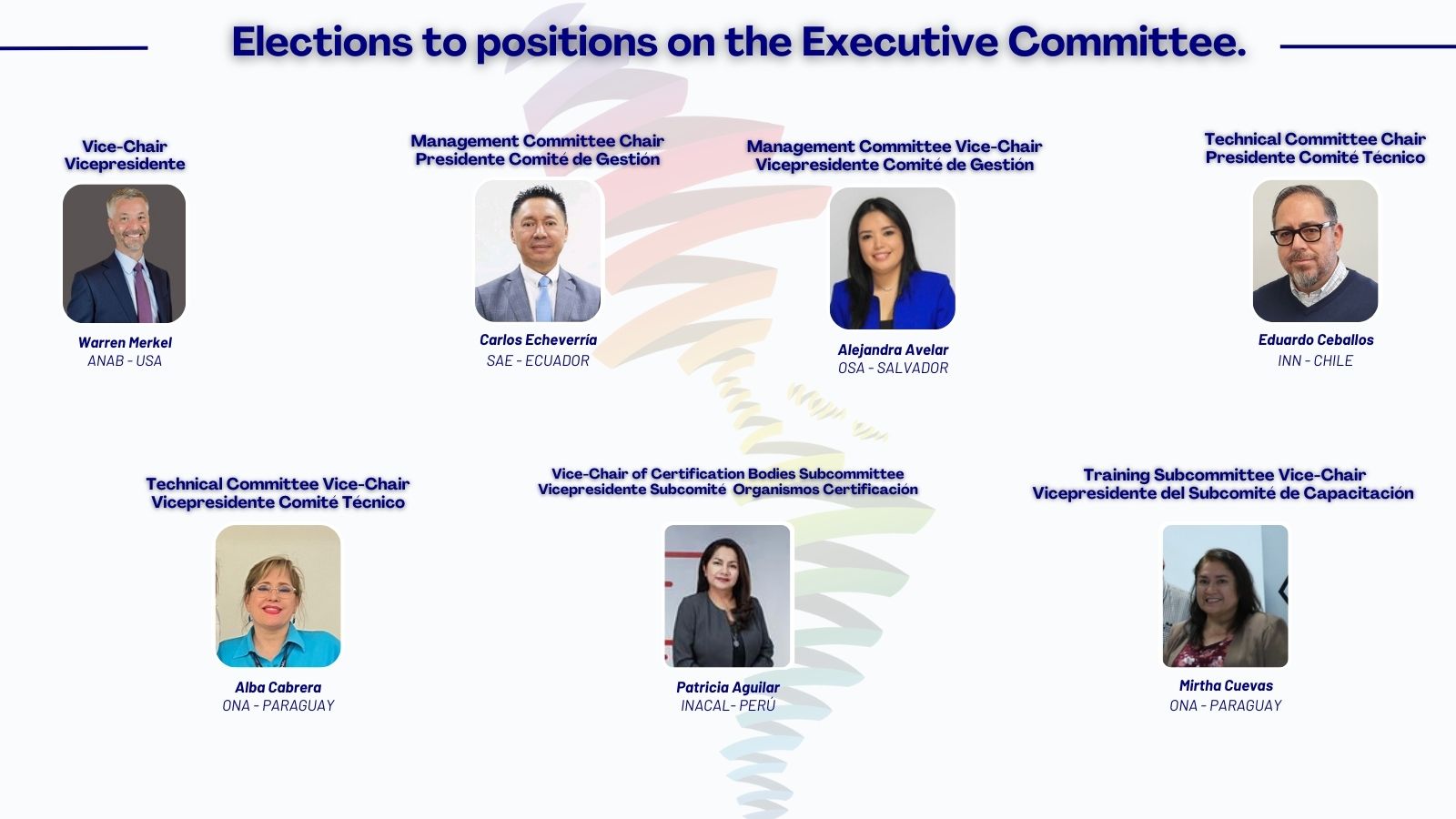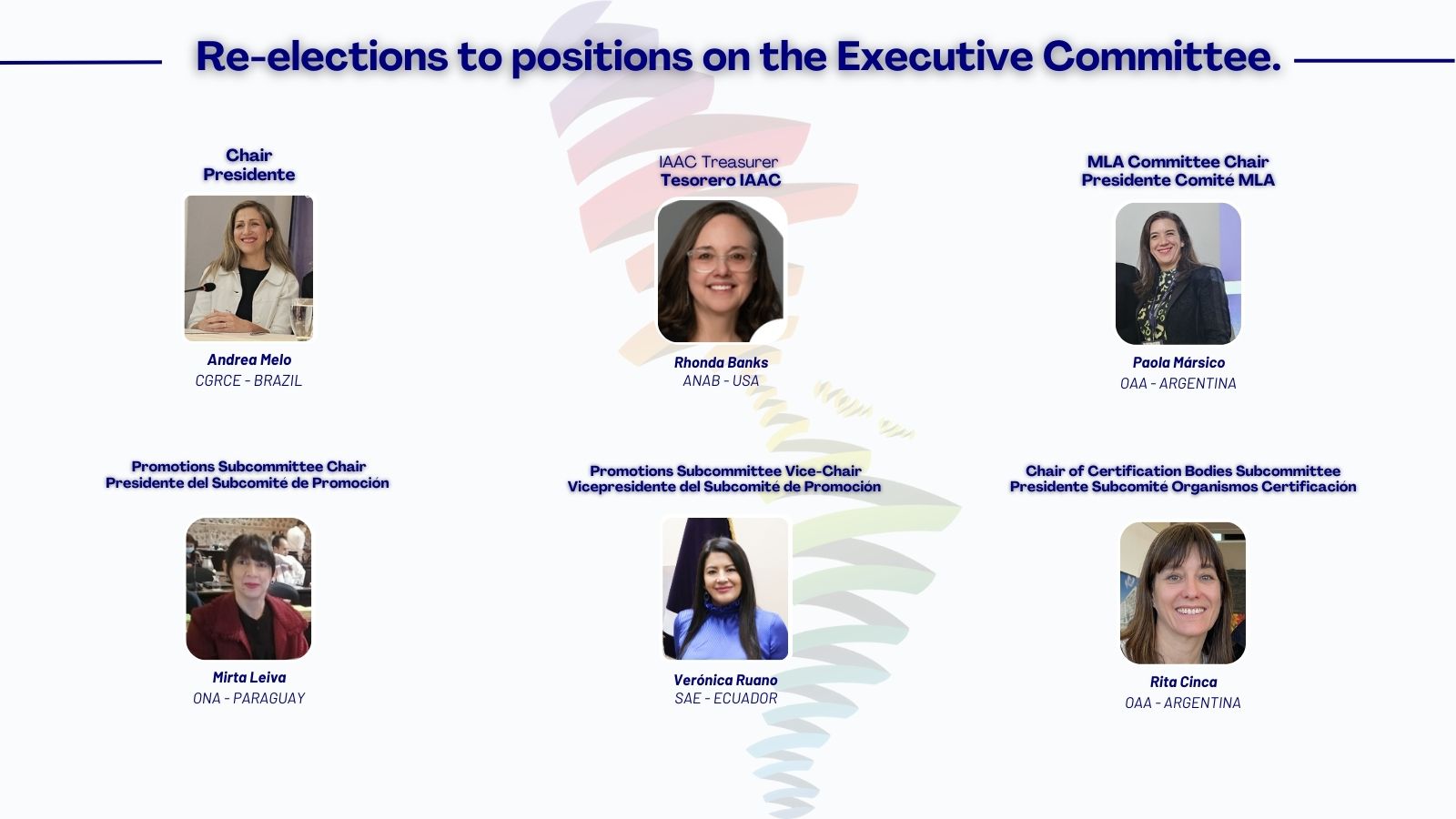Medellín, Colombia – August 23, 2024.
During the 32nd General Assembly of the Inter-American Accreditation Cooperation (IAAC), significant updates to the bylaws were approved, and a reclassification of memberships was carried out. These updates, approved by the Executive Committee on August 22, aim to improve IAAC’s internal structure, align the organization more closely with international standards, and ensure greater operational efficiency.
Bylaws Update
One of the main topics of the assembly was the update of IAAC’s statutes. These modifications aim to provide the organization with greater flexibility in its processes, allowing it to adapt to the changes and challenges within the accreditation environment. The update was well received by members, who expressed their commitment to the continuous strengthening of the IAAC.
Membership Reclassification
The reclassification of membership categories was another key highlight of the assembly. This new classification is designed to ensure a clearer alignment of members according to their roles and contributions to IAAC.
- Full Members: This category corresponds to what was previously known as Signatories. It includes Accreditation Bodies (ABs) with their respective recognitions and certificates, reaffirming their full participation and recognition within IAAC.
- Associate Members: This category remains unchanged. These members continue to actively participate in IAAC’s activities, with voting rights, although they do not hold formal accreditation recognitions.
- Stakeholder Members: This category also remains unchanged, including organizations and entities that, while not accreditation bodies, have a legitimate interest in conformity assessment and quality processes.
Suspended Memberships
During the same session, the IAAC Executive Committee decided to suspend the following memberships as part of the review and reclassification, due to non-compliance with certain requirements. These suspensions were made during the August 22, 2024 session (EC/2024/57):
Full Members:
Stakeholder Members:
- Instituto Tecnológico Metropolitano (ITM) - Colombia
- ACCM América, S. de R.L. de C.V. - México
- Litoral Laboratorios Industriales (LLI)
- Centro Toxicológico S.A.C. (CETOX) - Perú
- Laboratorio Químico, Industrial y Agrícola S.A. de C.V. (LAQUIMIA)
Impact of the Reclassification and Next Steps
With this new membership structure, IAAC reinforces its commitment to transparency, rigor, and quality in accreditation processes across the region. The suspension of some memberships will remain in effect until the affected organizations can comply with the established requirements.
The changes approved during the 32nd General Assembly will allow IAAC to continue leading accreditation efforts in Latin America and the Caribbean, promoting regional integration and ensuring that accreditation bodies maintain the highest international standards.
